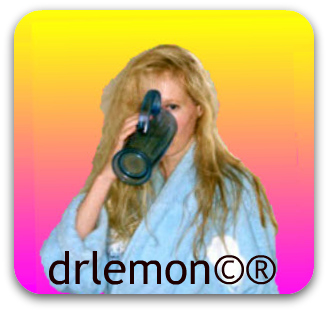Please be sure you are linking to www.drlemon.COM
(drlemon.net points to my site, but is not affiliated with it.) ¡Gracias!
Teachers & students are welcome to use the materials presented here. I ask only that you cite me: the materials are copyrighted and trademarked.
The Grammar explanations are organized into three groups:
-
Grammar Basics, which includes the Spanish alphabet, pronunciation, greetings, gender and adjective agreement, and more grammar structures & constructs.
-
Verbs, which covers the different verb tenses and moods, and review specific basic verbs, also funky verbs like Gustar, stem-changing verbs and, of course, irregular verbs.
-
Vocabulary, which covers topics like days of the week, months, seasons, dates, time and as well as supplemental terms describing clothing, body parts, family, travel and more
On each page you will find links to exercises, activities, and games in the Practice Zone, a yellow block in the Navigation Bar to the left.
Tips for using your Spanish:
Many Spanish phrases do not translate literally.Although we translate Me llamo Deborah as "My name is Deborah", it really means "I'm called Deborah" or "I call myself Deborah".
To avoid the error of "Me llamo es* (I'm called is*) and similar errors resulting from English constructions, try to focus on Spanish phrases rather than word for word translations.
Cognates and False Cognates
A Spanish word which looks like an English word and has the same meaning as that English word is called a cognate. Sometimes cognates are spelled exactly the same in both Spanish and English, such as golf . Other cognates may vary by a letter or two, such as oficina (office) and computadora (computer).
Words that look like English words but have different meanings are called false cognates. A good example is embarazada. It doesn't mean "embarrassed"; it means "to be pregnant"!
If you don't have clear context that indicates the word's true meaning, it's generally better to check a dictionary than assume a word is a cognate.
